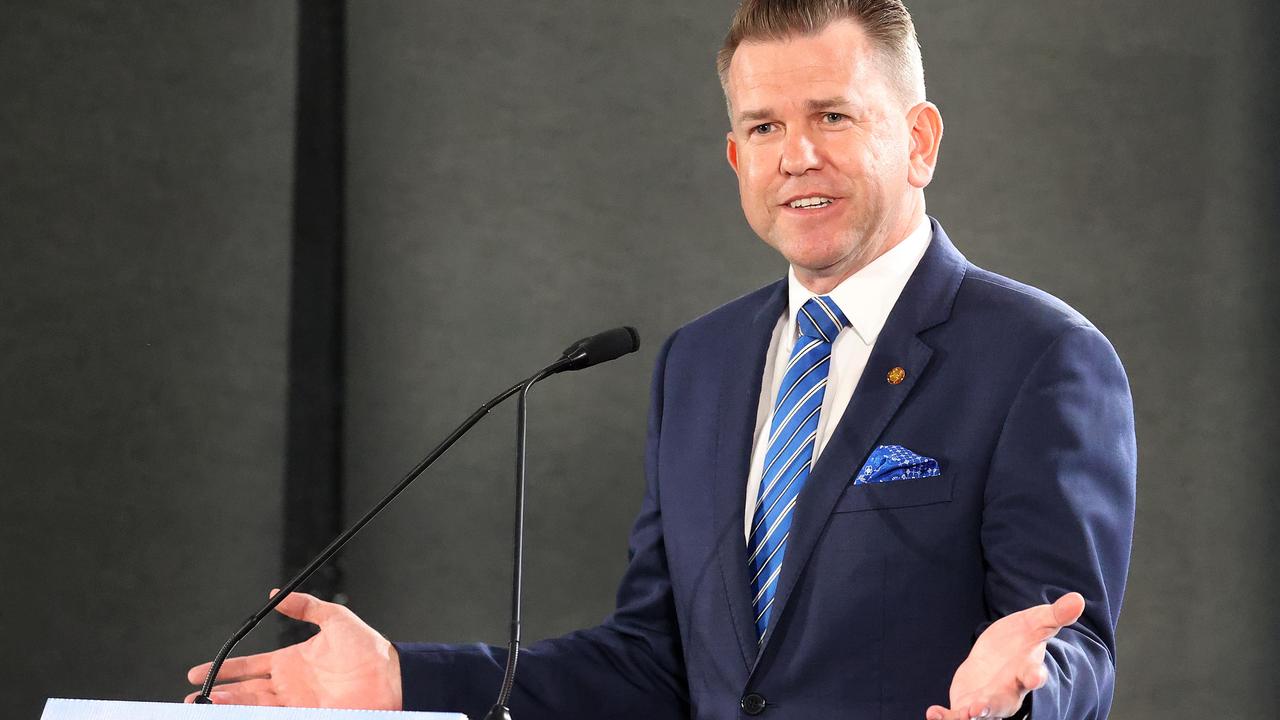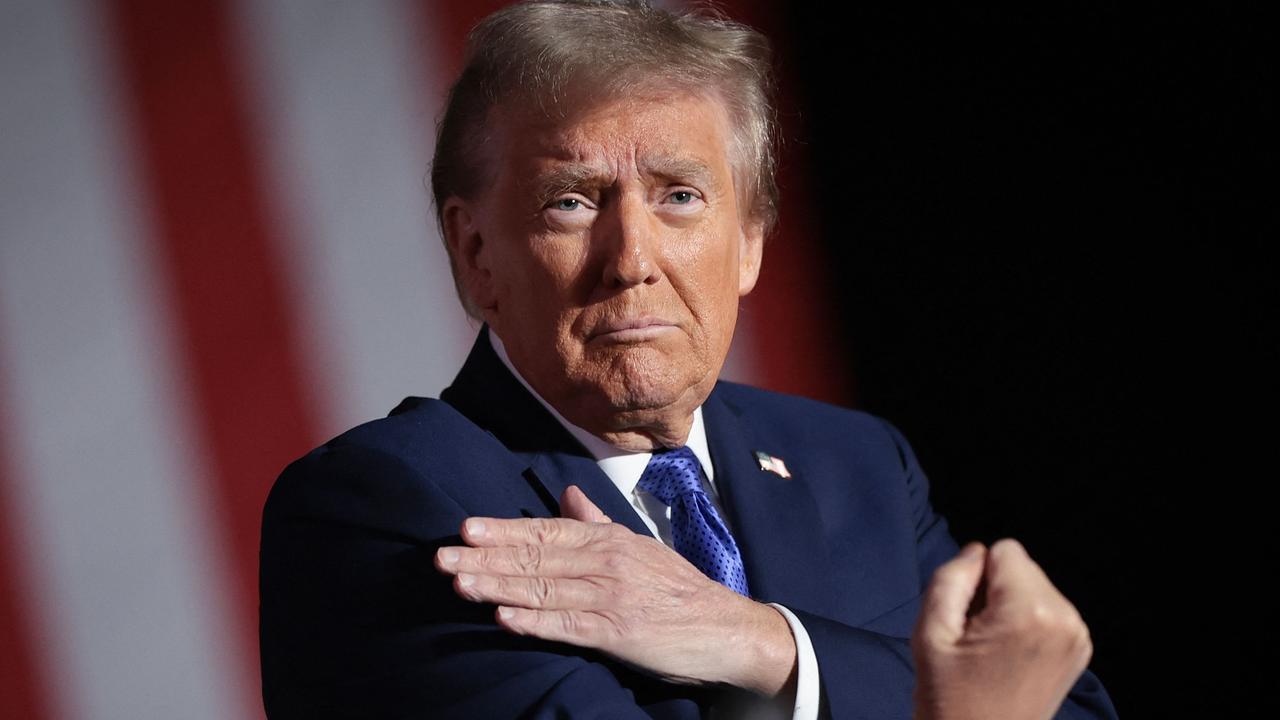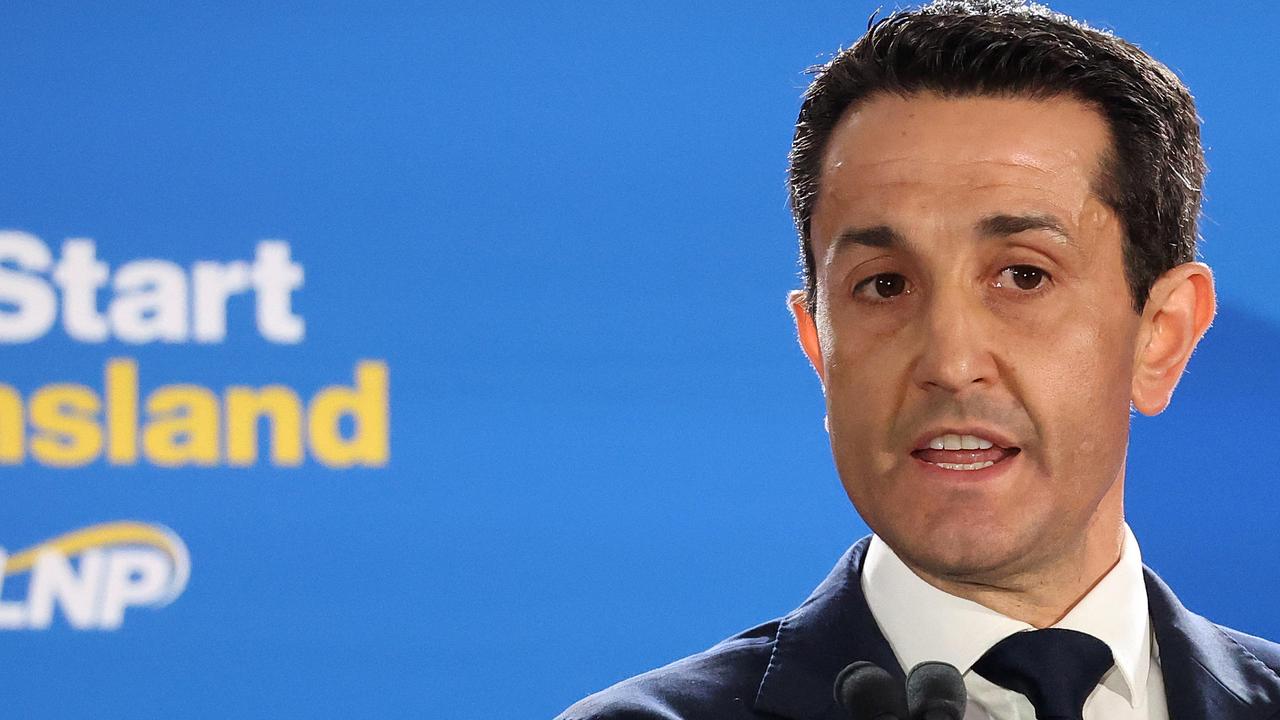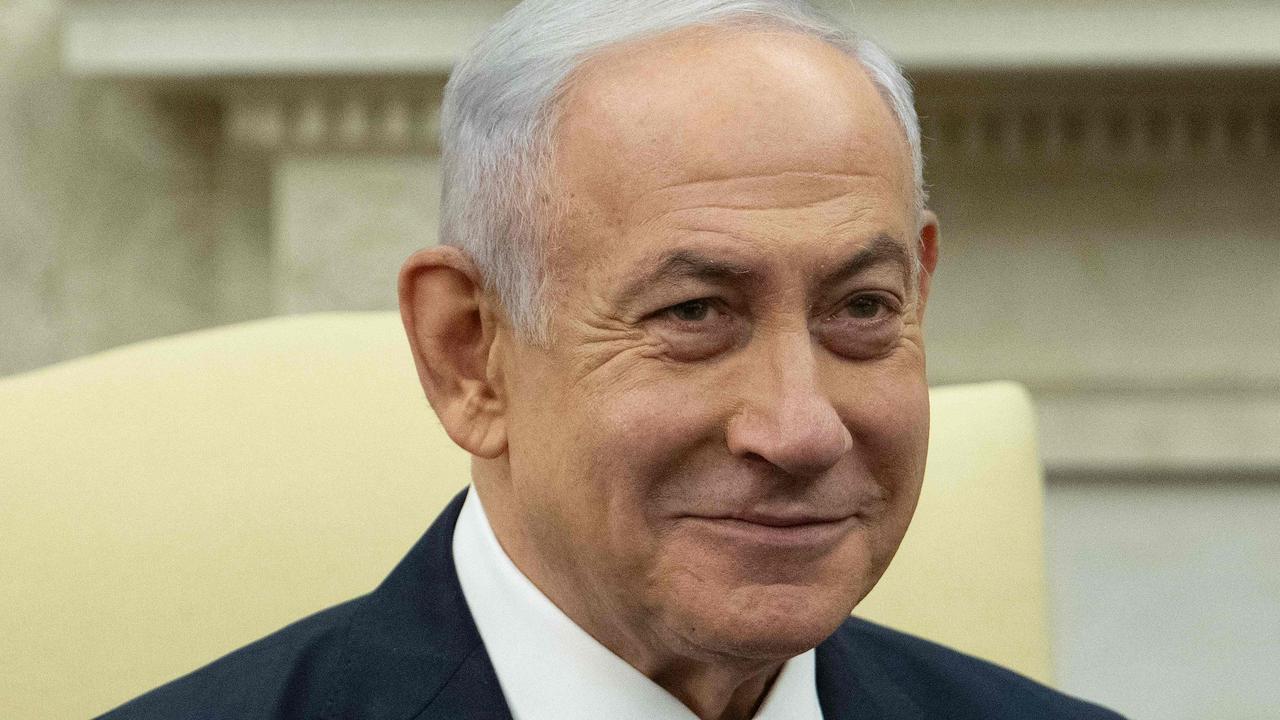Opinion: While we worship Olympians, Australia loses two true heroes
Australia has lost two major Australian figures virtually no one under the age of 60 would recognise, writes Paul Williams.
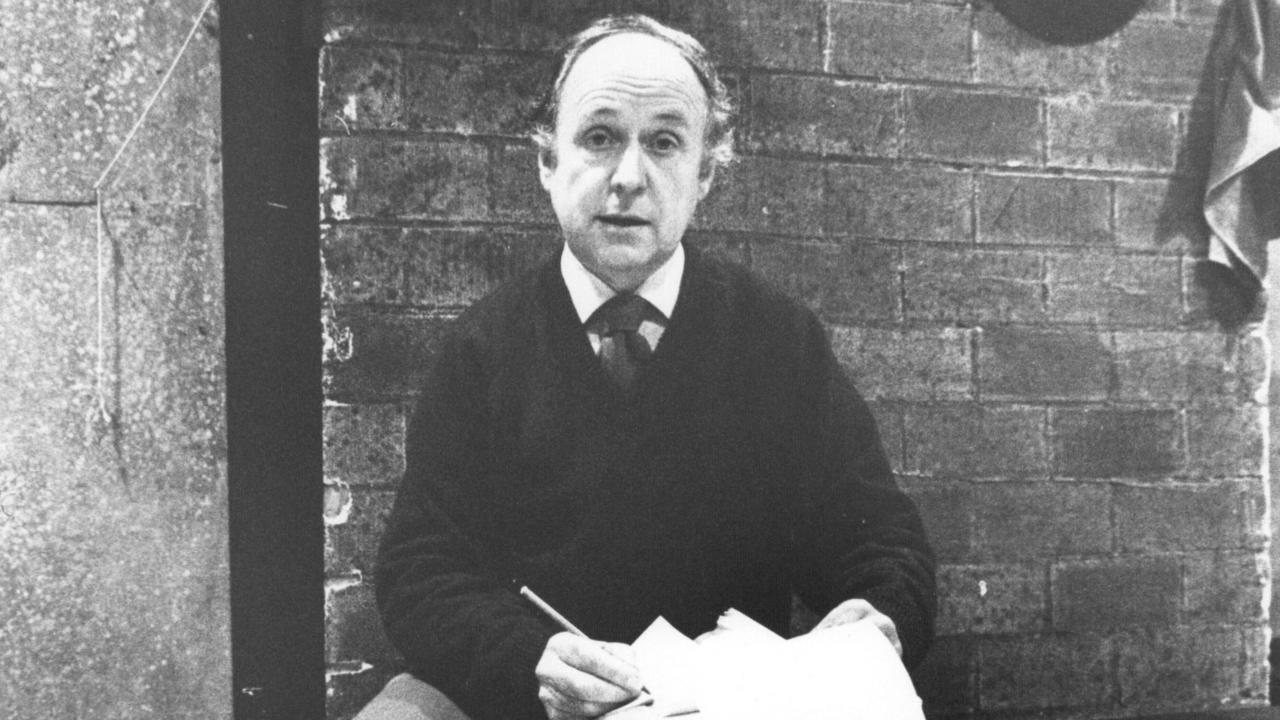
Opinion
Don't miss out on the headlines from Opinion. Followed categories will be added to My News.
Australia is in the grips of Olympomania.
Water-cooler chatter and family dinners have turned – as they do every four years – to Australia’s new crop of national “heroes”: the women and men awarded discs of gold-coated silver for swimming, running or rowing faster than someone else.
These podium popstars become household names, occasionally for a lifetime, usually for a moment.
Their fame stands in stark contrast to others who have contributed to Australian public life in far more substantial ways – science, medicine, public service, the arts – who may be little known while alive, and almost certainly forgotten once dead.
In recent weeks, Australia has lost two major Australian figures whom I’d guess virtually no one under the age of 60 would recognise.
The first was playwright Ray Lawler who died last week at the age of 103. Lawler was best known for his “Doll Trilogy” of plays, of which Summer of the Seventeenth Doll was the best.
“The Doll” changed not only the face of the Australian stage, but literature itself, and Australia’s international standing. This stirring story of two North Queensland canecutters perennially visiting their Melbourne part-time girlfriends painted authentic Australian characters for the first time, and showed the world Australia could be a literary powerhouse.
The death of the “Australian cringe” undoubtedly began with Lawler.
Indeed, the play’s performance in London in 1957 put Australia on the world stage just as much as Melbourne did during the 1956 Olympics.
So iconic was the play that two major international actors, Ernest Borgnine and Angela Lansbury, came to Australia to make a film version.
In June, Australia also lost Steele Hall, a former Liberal South Australian premier who died at age 95. I was a small boy living in Adelaide when Hall was premier between 1968 and 1970, but I remember him, and his Labor rival Don Dunstan – the “matinee idols” of South Australian politics – as electrifying. Like Dunstan, Hall was progressive, articulate and commanding, and a genuine liberal who put principle and people before politics.
Hall, for example, was long ashamed of the “Playmander” – rigged electoral boundaries under Thomas Playford (like that in Queensland under both Labor and the Nationals between 1949 and 1991), that weighted votes in favour of his Liberal Country League to keep South Australian Labor (despite often winning a majority of votes) out of office for 29 years.
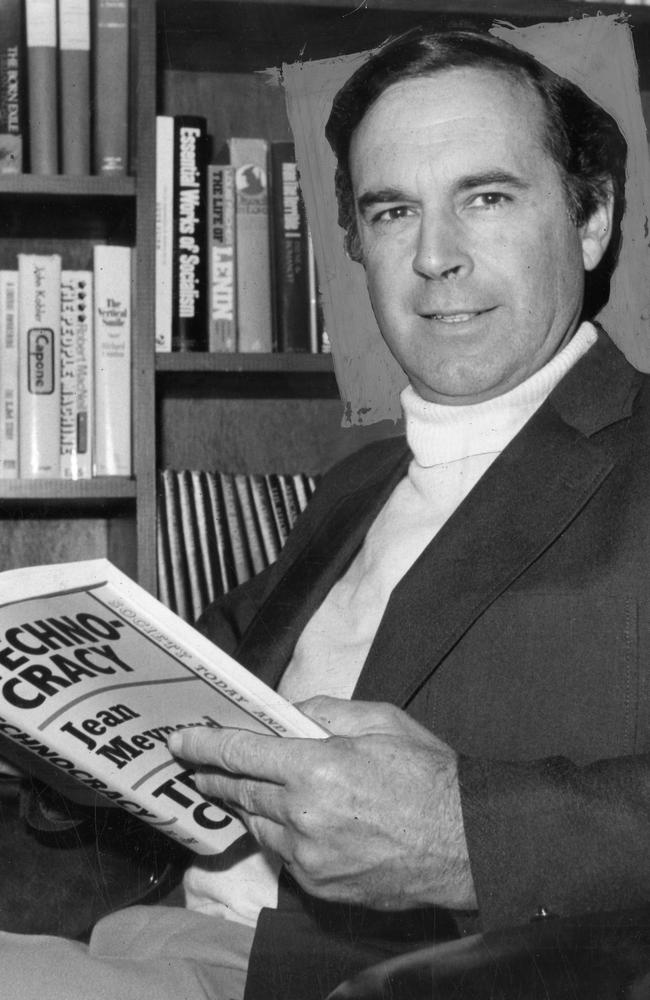
Hall dismantled the so-called gerrymander at his own disadvantage when he became premier in 1968. Why? Because it was the right thing to do. How many Australian political leaders can you imagine doing that today?
Hall was also ahead of his time on First Nations and women’s fertility issues. And when he found his Liberal Country League too conservative, he resigned from the party in 1972 to set up the Liberal Movement – a centrist forerunner to the Australian Democrats.
Hall resigned from state politics and was elected as a Liberal Movement senator.
He later voted with the Whitlam government to make federal elections fairer, and against Malcolm Fraser’s Liberal Party in 1975 when Fraser blocked Labor’s supply Bills and saw a twice-elected prime minister dismissed by a non-elected royal representative. Why? Because, once again, Hall put principle before politics.
Hall rejoined the Liberal Party in 1976, but he often fell out with Coalition colleagues, especially Malcolm Fraser, over a conservatism that Liberal founder Robert Menzies could never imagine for his party.
It was that gutsy independence that kept this more-than-capable MP on the backbench for so long.
When Hall resigned from the Senate in 1977 and won a House of Representatives seat in 1981, he became the only Australian to serve in three houses of parliament. He retired from politics in 1996.
Ray Lawler and Steele Hall are great Australians deserving of national esteem for many reasons. But underpinning them all is the fact each man spoke to a fair-minded Middle Australia – and not a populist fringe – honestly, sincerely and without unctuous pretension.
People from all walks of public life can take a leaf from their books, especially elected MPs, and especially a federal Liberal Party that has morphed into a Capital “C” conservative tactical machine designed to seize power by tearing down governments rather than building up oppositions.
Sadly, there are no gold medals for talented playwrights or principled politicians who leave their country in a better shape than they found it.
More Coverage
Originally published as Opinion: While we worship Olympians, Australia loses two true heroes





